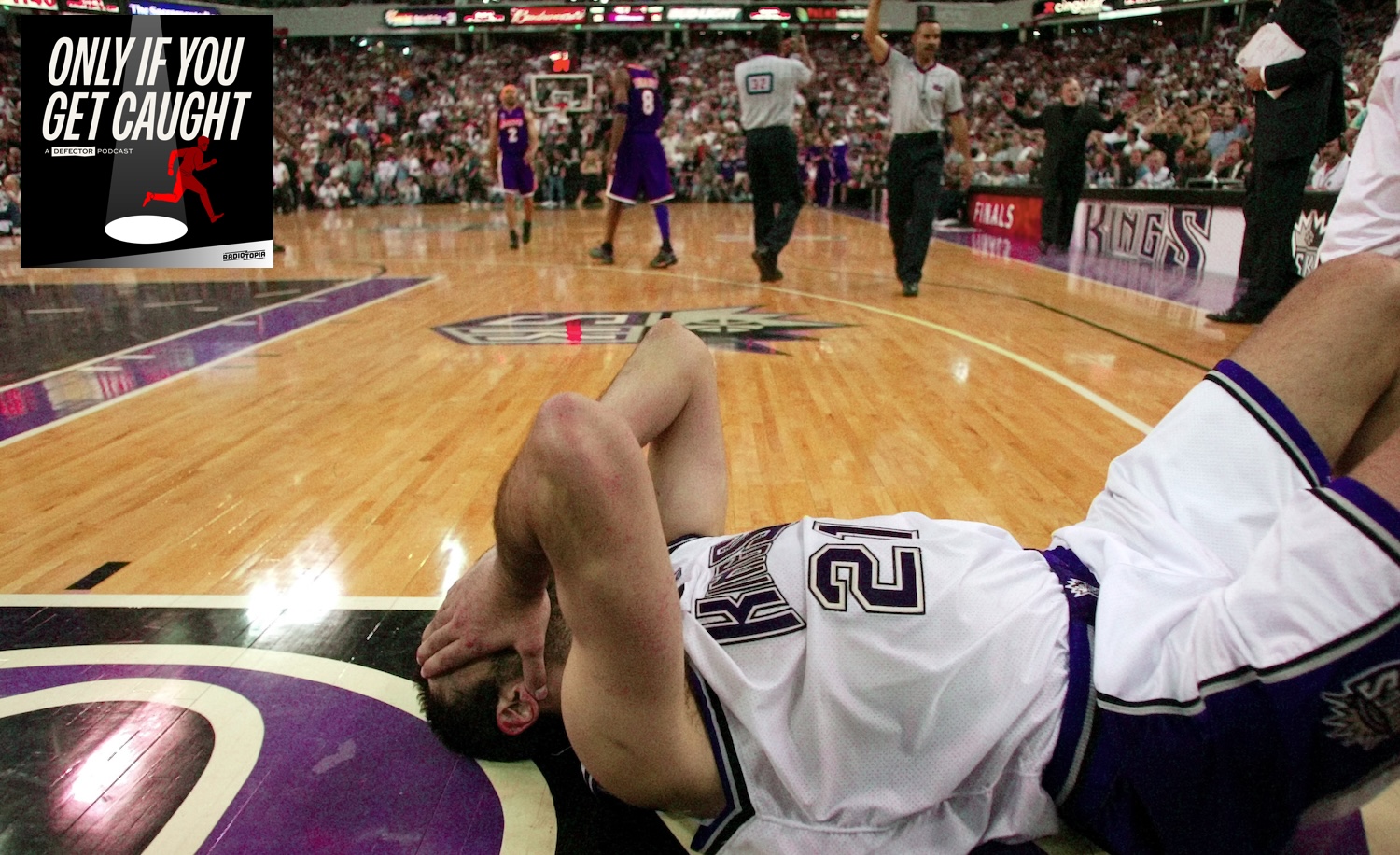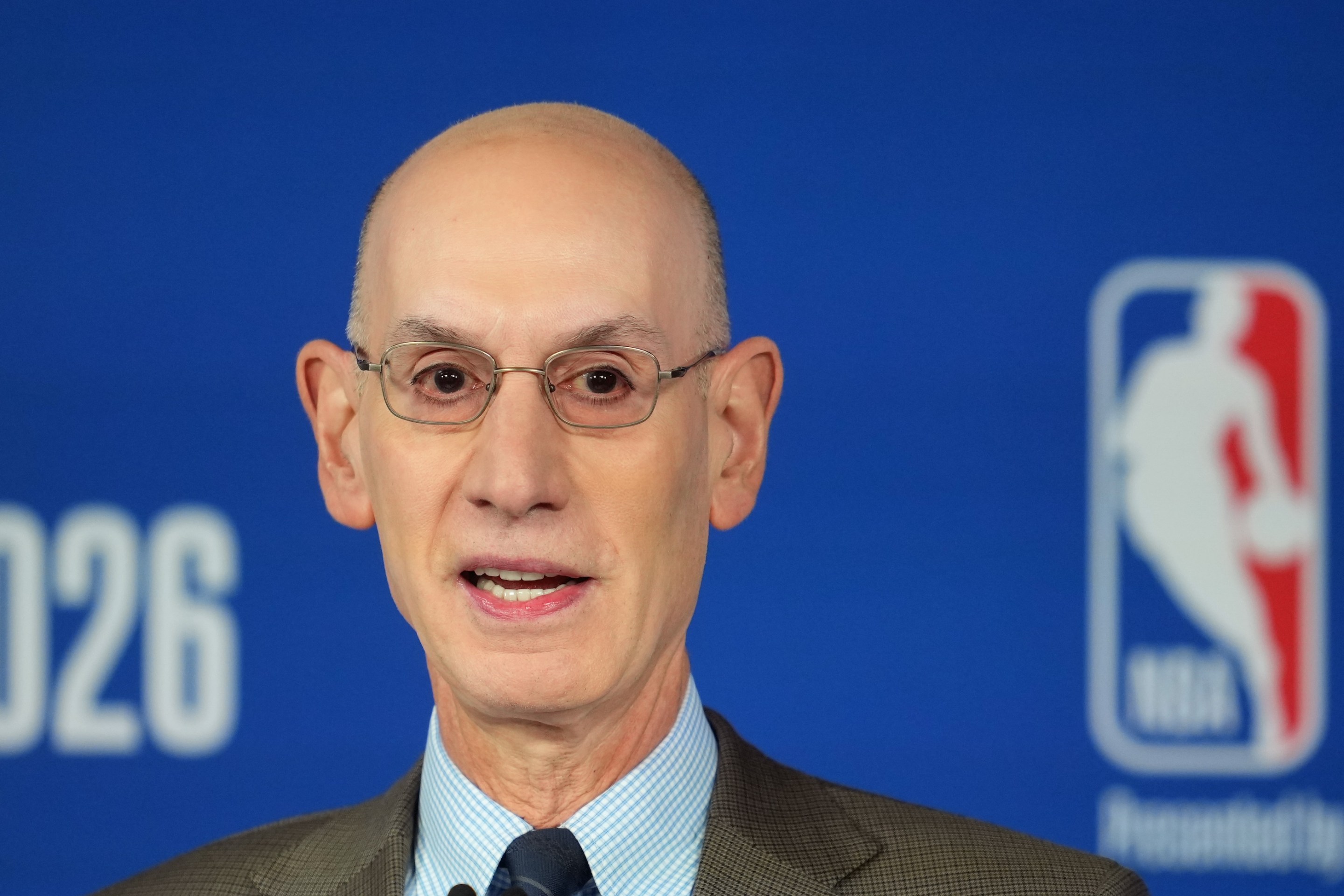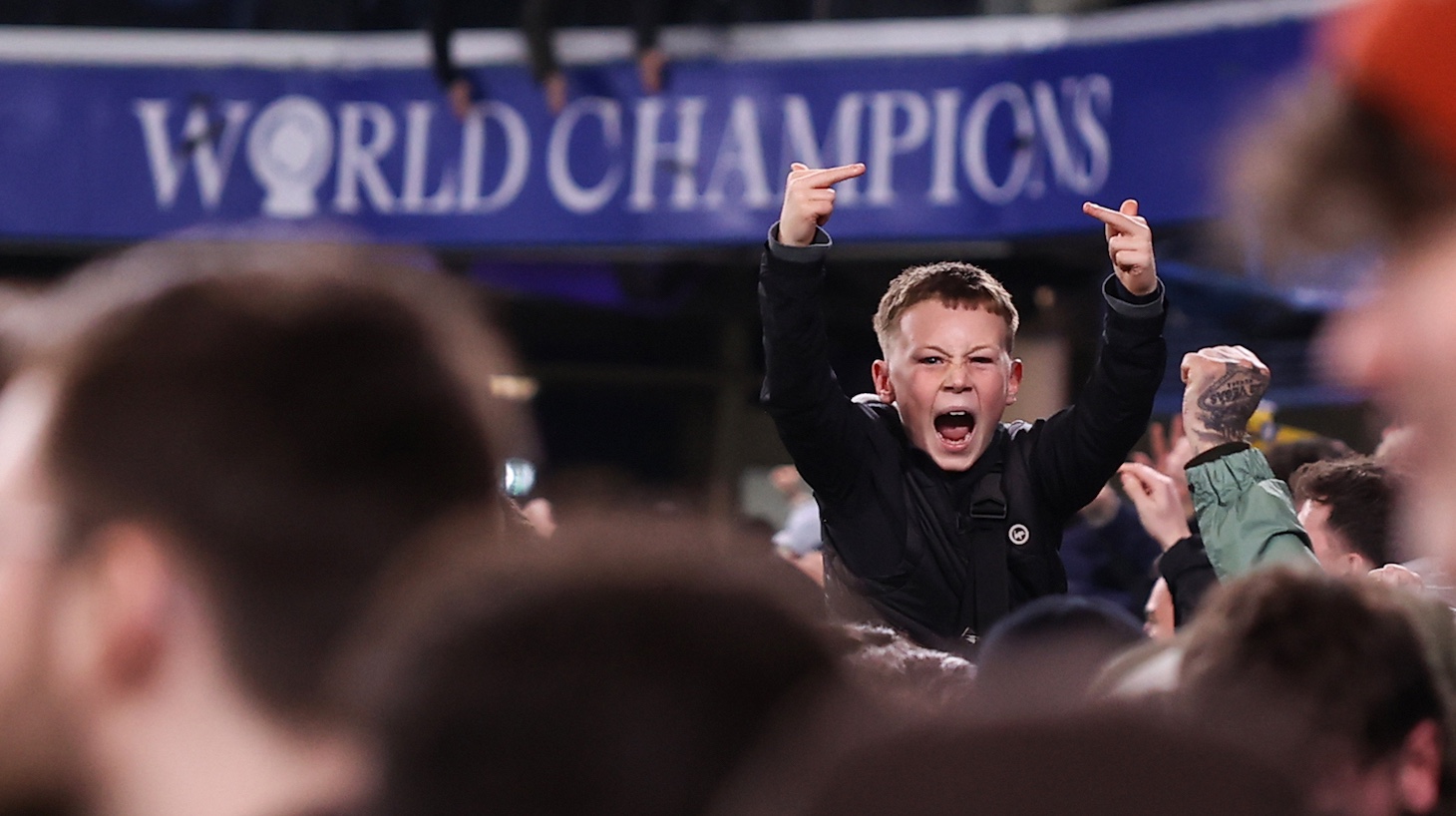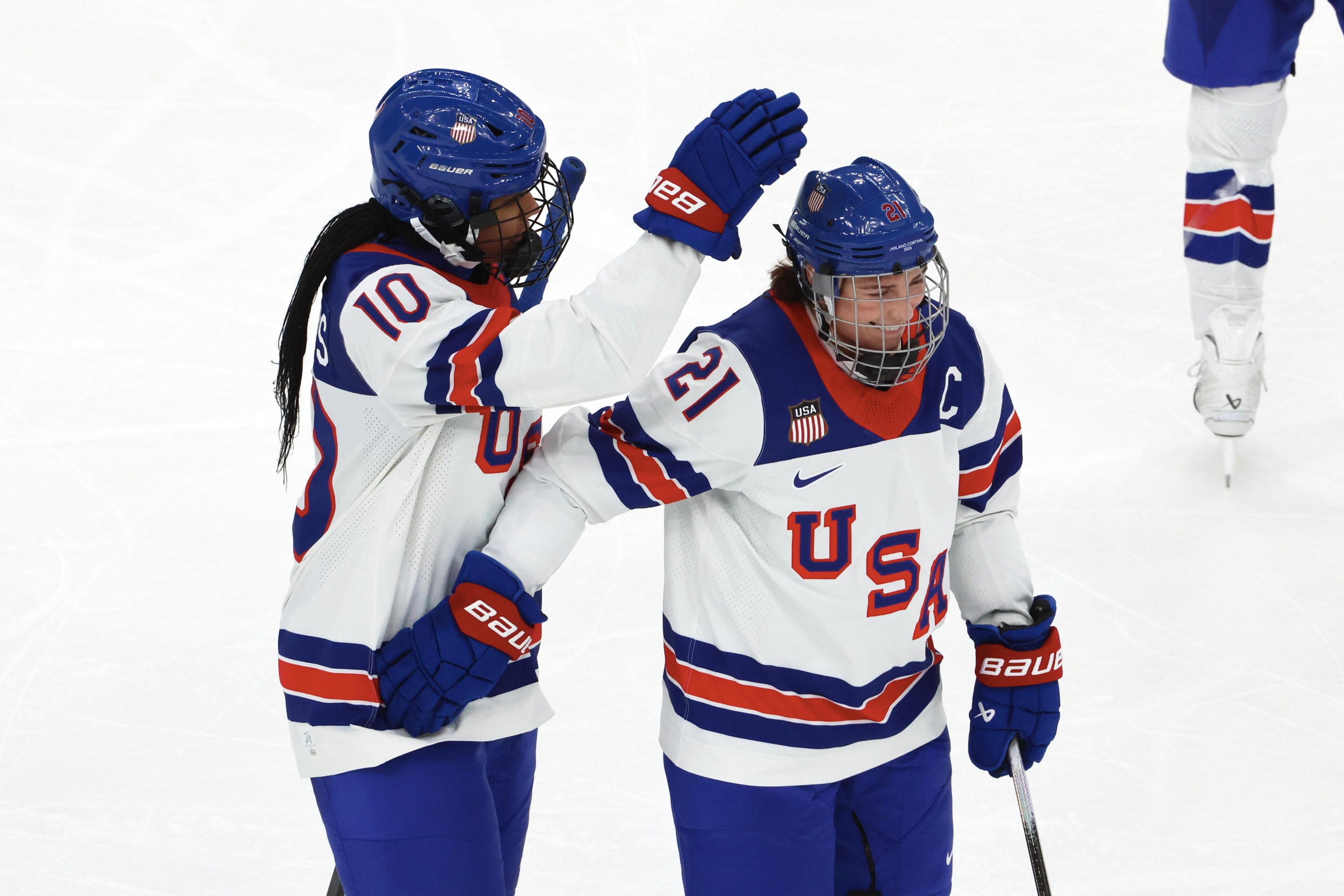Game 6 of the 2002 Western Conference Finals is the site of the most infamous conspiracy theory in recent NBA history. The Sacramento Kings were playing the Lakers for a trip to the Finals down in L.A., and despite losing on a revolting, miraculous Robert Horry buzzer-beater in Game 4, they won Game 5 and were in good position to win Game 6. Had they done so, they would have booked a ticket to beat the crap out of a rotten New Jersey Nets team, and won the first championship in Sacramento history. That era of Kings basketball, some of the prettiest hoops ever played, would have been remembered as a stylistic peak, and the team's future could have been glorious. Instead they lost Game 6 because, the story goes, the referees and the league office conspired to ensure the Lakers made the Finals instead. The team has been ass ever since.
On the first episode of Only If You Get Caught, we revisit the story of Game 6 and explore the legacies it created. While the question of whether or not the game was fixed is interesting, the bigger consequence is why so many people continue to believe the game was rigged against the Kings. There are infamous bouts of bad officiating every year in the NBA; important games won and lost on blown calls are not rare even now in the replay era. Yet Game 6's legacy remains. That is largely because the reasons why the league would fix such a game make sense: L.A. winning would be better for business than Sacramento.
The reasoning there cuts to the core of what it means to be a fan, with all the self-delusion and mental gymnastics involved. Tommy Craggs joined us to talk through the game and its web of conspiracies. Tommy's work will be familiar to most of you, as he used to edit Deadspin and Gawker Media. More recently and more relevantly to this story, he wrote a great piece for Bloomberg about sports conspiracy theories, the thesis of which applies here.
Listen to Only If You Get Caught wherever you enjoy podcasts. The show is produced by Alex Sujong Laughlin and hosted by me. You can find the show's transcript here.






